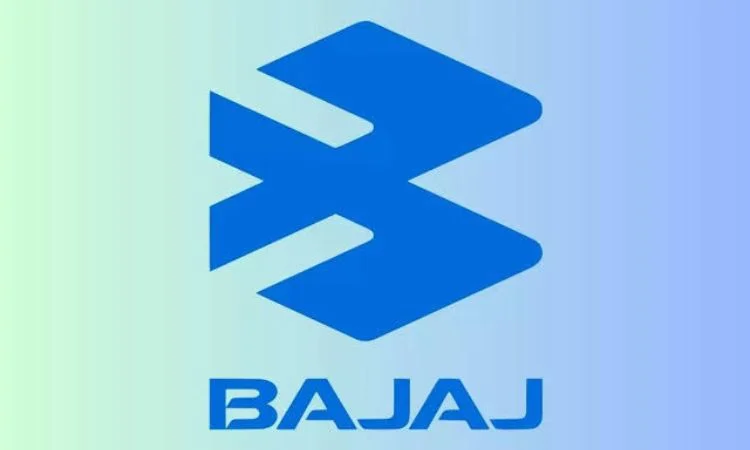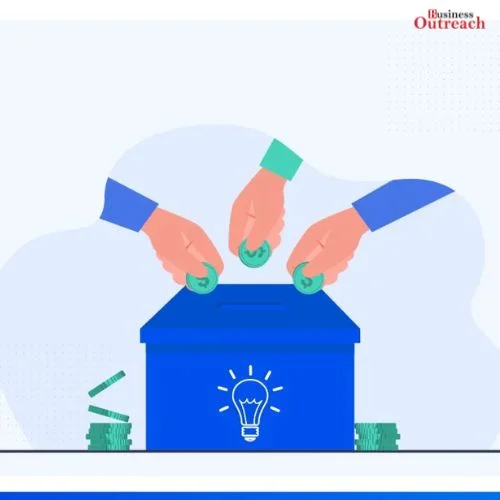Bajaj Auto has announced plans to buyback shares worth Rs. 4,000 crore through a tender offer route. The buyback price of Rs. 10,000 crore represents a steep 43% premium to the stock’s previous close, triggering a sharp rally in the two-wheeler major’s share price. While the move has excited investors on Dalal Street in the near-term, a balanced perspective on the opportunities and risks is warranted.

As per the announcement, Bajaj Auto will purchase up to 4 million equity shares, equivalent to around 1.4% of the total shares outstanding. Analysts expect the company’s promoters to participate significantly in the buyback, which could fetch them approximately Rs. 2,200 crore. The previous buyback conducted in 2020 involved purchasing shares at Rs. 4,600 apiece through stock exchange mechanisms.
By announcing a buyback at such a steep premium now, Bajaj Auto has understandably driven keen interest from investors. The auto sector, in particular, is viewed favorably on recovery hopes post multiple headwinds. Bajaj Auto’s brand strength in domestic and overseas two-wheeler markets adds to the positive sentiment.
That said, retail investors eyeing participation need a realistic viewpoint on acceptance ratios versus potential returns. While the promoter portion is a given, general category buyback acceptance is pegged around 1.3% by analysts. This implies limited availability of shares for others. Retail acceptance may reach 4-10% maximum if promoters do not participate, again restricting volumes.
Buying an expensive stock merely due to ongoing buyback frenzy without factoring true demand-supply could backfire. Acceptance ratios are uncertain until the bid is completed. Promoter commitment usually keeps market prices elevated, but a sharp post-buyback slide cannot be ruled out if enough non-promoter sellers emerge.
Fundamentally too, a rich valuation of over 50x trailing earnings leaves limited room for significant long-term gains barring strong earnings beat. Bajaj Auto trades at a premium to peers like TVS Motor despite similar turnover and profitability metrics. Past returns delivered from the stock price are also modest on a risk-adjusted basis.
In summary, while Bajaj Auto’s buyback announcement is a positive, cold calculation of risks and costs is important. Retail investors should foresee limited allocations, if at all, to avoid exposure in case of unexpected acceptance ratio or post-buyback price movement. Those with higher risk appetite may dip toes in on dips, but investors focusing on long-term wealth creation are better off searching for other opportunities at reasonable valuations. Patience and prudence remain vital tools amid buyback euphoria on D-Street.















